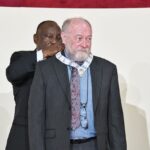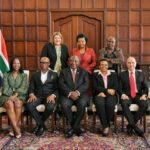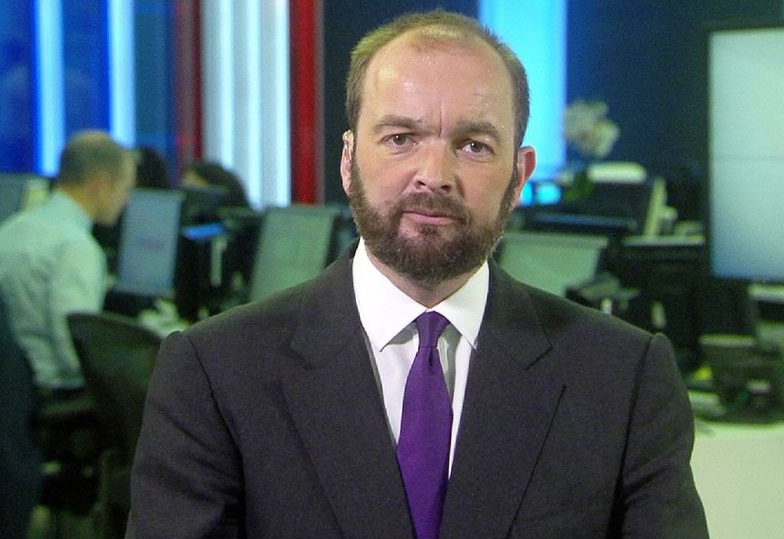Conservative MP James Duddridge said he has been struck by Morocco’s remarkable ability to respond swiftly and effectively to the devastating earthquake that shook the North African Kingdom.
In an Op-Ed published in the Telegraph daily, the former UK minister for Africa said that Morocco has once more shown its resilience in difficult times, and that the country “has responded with steadfast determination and calm decisions, under the leadership of King Mohammed VI.”
Emergency measures in Morocco were taken from the first moments following the earthquake and included the intervention of the royal armed forces, local authorities, security services, as well as the relevant ministries, said Mr. Duddridge.
In the short span of 48 hours, Morocco partially reopened a vital route to the earthquake-affected area, creating a lifeline for aid delivery to the hardest-hit regions, he added. The country’s military helicopters have continuously engaged in rescue and relief operations, while Moroccans have rallied in a remarkable grassroots effort to assist those in need.
The Moroccan King paid a visit to the injured at a hospital, where he checked in directly on the care being provided and donated his blood in solidarity with the victims, said the former UK minister, noting that these rapid measures of relief were just the beginning. Within three days of the earthquake, Morocco’s government set up a national solidarity fund. Countries worldwide, along with national and international NGOs, initiated donation appeals and various leading organizations in Morocco made generous donations to the fund.
Beyond the immediate care for the injured and restoring access to remote mountainous areas, royal directives were issued that included measures aimed at not only rebuilding but also completely transforming and upgrading the affected areas, while also preserving the local culture and heritage, stressed the MP of the ruling Conservative party.
The royal directives were clear and simple: “All resources must be effectively mobilized to ensure that no one is left without shelter.”
Morocco’s response is extensive, ranging from immediate care and the provision of emergency temporary housing to the rapid initiation of reconstruction efforts, said Mr. Duddridge.
He cited in this regard the program which targets around 50,000 homes that have either suffered complete or partial collapse across the five affected provinces. Emergency temporary housing, prioritizing structures built to withstand harsh weather conditions, also include financial aid of approximately £2,500 for affected households. To support immediate reconstruction, financial assistance of up to £11,000 will be available.
Special provision has been made for those children orphaned by the earthquake. They have been fast-tracked as wards of the nation and qualified teams are seeking early adoption by appropriate families, said the UK MP.
“As Morocco pledges to rebuild in the aftermath of the earthquake, we can anticipate further strong measures that will not only benefit the victims, but also turn this terrible challenge into an opportunity for the progress and resilience of Al Haouz and its neighboring regions,” underlined Mr. Duddridge.
Morocco’s long friendship with many countries has led many to provide help immediately. “I’m delighted that the UK was one of the first, mobilizing its international search and rescue team to provide life-saving support,” said the former member of UK government.
“Morocco has done so much for other nations, and it is heartwarming to see this reciprocated,” he stressed, affirming that the greatest support which can be given to Morocco and its courageous people is to engage even more fully than before.









